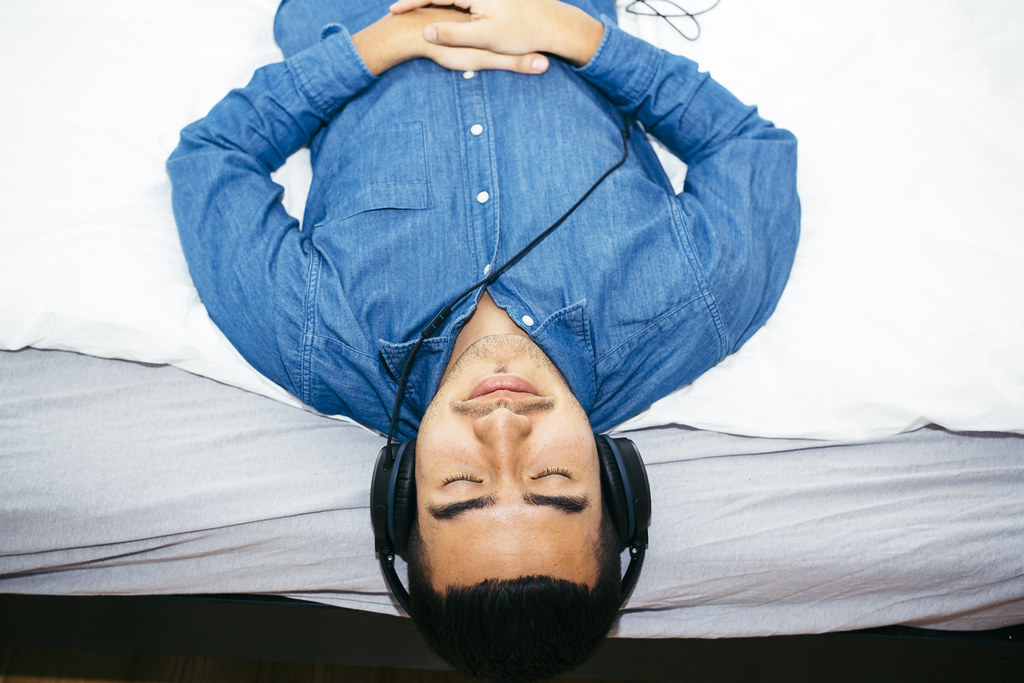
31 May Could Sleep hold the key to Alleviating Tinnitus?
Tinnitus is a condition involving a constant buzzing or ringing noise classified as a “phantom sound”, meaning that it is only heard by the patient and not originating for a real sound. Tinnitus can be incurable, originating from damage to the middle ear associated with hearing loss or pathologically. Approximately 15% of adults report suffering with tinnitus, it can have an effect on sleep maintenance and quality, mental health and subsequently physical health if not managed. An article published in May 2022 discusses research on how sleep may hold the key to a treatment for the condition.
The article touches on a particular origin of tinnitus wherein areas of the brain concerning hearing have an over activity causing this phantom perception, when we sleep these areas change in activity. People with tinnitus reportedly experience night terrors more often and have lighter sleep than people without, indicating link between perceived and sleep. During slow wave sleep (or deep sleep) brain activity suppresses senses including phantom percepts. It is known that brain activity changes the intensity that tinnitus is perceived, the article prospects that manipulation of these changing could hold value to treating tinnitus and an array of sleep disorders.
“Tinnitus represents a unique window into understanding the role of sleep in sensory processing. Clarification of the underlying relationship may offer novel insights into therapeutic interventions in tinnitus management”
Orignal article: https://theconversation.com/tinnitus-seems-linked-with-sleep-understanding-how-could-bring-us-closer-to-finding-a-cure-182711
Research review paper: https://academic.oup.com/braincomms/article/4/3/fcac089/6563428?login=false
Linus Milinski, Fernando R. Nodal, Vladyslav V. Vyazovskiy, Victoria M. Bajo, Tinnitus: at a crossroad between phantom perception and sleep, Brain Communications, Volume 4, Issue 3, 2022, fcac089, https://doi.org/10.1093/braincomms/fcac089

